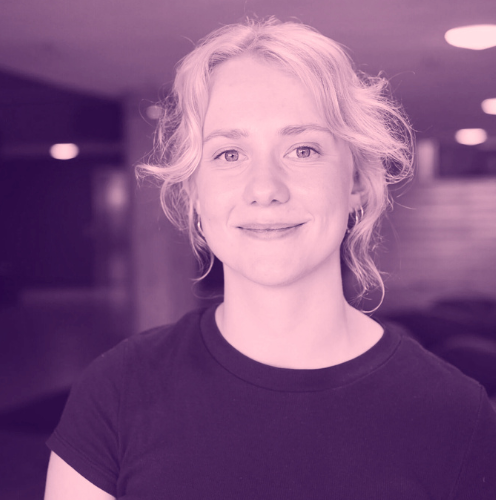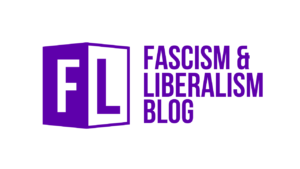Blog Launch: Fascism and Liberalism - Yesterday and Today
Solveig Degen, Maie Klingenberg & Andreas Novy
31.07.2025
One hundred years ago, Austro-Hungarian economist Karl Polanyi witnessed the collapse of liberal democracies and the rise of fascism in Europe – a development which he famously analyzed in The Great Transformation. Following the onset of the Great Depression in 1929, economic liberalism was on the defensive. The widespread belief that laissez-faire capitalism and the prevailing property relations were without alternative had crumbled after the experience of far-reaching state interventions during World War I. Moreover, the assertiveness of a revolutionary workers’ movement, including its vision of democratic control over production via workers’ councils and the tools of economic planning left the propertied classes in distress. However, not socialist but fascist ideas eventually gained the upper hand in the 1930s in different parts of Europe. Commenting on these developments, Karl Polanyi remarked in 1944[i]:
“Planning and control are being attacked as a denial of freedom […]. Yet the victory of fascism was made practically unavoidable by the liberals’ obstruction of any reform involving planning, regulation, or control” – Karl Polanyi 1944, p. 265
In her acclaimed 2022 book The Capital Order[ii], Clara Mattei shows how austerity served as a key tool for enabling this broader regime change. In the 1920s, austerity was imposed by democratic means in the UK, Germany, and Austria, creating socioeconomic conditions that ten years later were conducive to the rise of fascism. In Italy, however, it was only under fascist rule from 1922 onwards that the austerity agenda of economic liberalism could be implemented. These historical examples reveal a troubling pattern: A hundred years ago, sacrificing democracy and civic liberties to uphold economic orthodoxy seemed justifiable to important parts of the liberal elites. Today, similar anti-democratic dynamics can be observed, which raises urgent questions: Will today’s liberal elites once again forsake political equality and individual freedoms? And will they, once again, open the door to authoritarian, reactionary, and anti-democratic far-right movements?
With this new blog, we, the International Karl Polanyi Society (IKPS) aim to further investigate and improve our understanding of the relationship between fascism and economic liberalism, both historically and in the present day. Publishing weekly pieces on this topic from key scholars in the field, we aim to contribute to the broader discussion on the rise of contemporary reactionary far-right movements. The blog will provide a platform for discussing central questions such as: What is the connection between austerity and fascism? How do the intellectual foundations of (neo-)liberalism and fascism converge, and what are tensions and contradictions? What has been the role of neoliberal thinkers in furthering far right agendas? And, in the words of Karl Polanyi, is the rise of current far-right movements again “made practically unavoidable by the liberals’ obstruction of any reform involving planning, regulation, or control”?
———————————–
i Polanyi, K. (2001). The great transformation: The political and economic origins of our time. Beacon Press. (Original work published 1944)
ii Mattei, C. E. (2022). The capital order: How economists invented austerity and paved the way to fascism. University of Chicago Press.

Andreas Novy is is associate professor and head of the ISSET Institute at WU Vienna and president of the International Karl Polanyi Society (IKPS).

Maie Klingenberg is a research assistant at the ISSET Institute at WU Vienna working on the democratization and deprivatization of provisioning systems.

Solveig Degen is a PhD student at the Centre for Social Critique in Berlin working on the socialisation of public services.

